An empath is a person who is highly sensitive to the world around them, is able to feel others’ emotions perfectly, and can be very intuitive. Due to this high sensitivity, they get easily hurt too because they are strongly fine-tuned to detect and process energy frequencies that can actually make them noise sensitive or sensitive to their toxic environment, smells, and excessive talking.
Empaths are often sound sensitive and have a lower tolerance for noise. It’s important that we empaths honor our sound sensitivity and do our best to create an environment that is quiet and peaceful.
For myself and many empaths, loud noises are painful and anxiety-provoking. We have an enhanced startle response and are super-reactive to intense sensory input. Toxic noise penetrates and shocks our bodies.
Read: Empaths Don’t Act Fake Empaths Are Sensitive Individuals
When a siren passes by, I always put my hands over my ears because the sound of the siren goes right through my system. Also, noisy neighbors and barking dogs can intrude on our privacy and impact our serenity. As I’ve re-learned with my noisy neighbors when they drink their voices get super-loud though they don’t realize it.
Studies show that noise has a powerful physical effect on our brains and increases stress, insomnia, anxiety, agitation, hypertension, and heart disease. Being chronically exposed to toxic noise can cause stress hormones to rise which decreases our immunity and peace of mind.

One workshop participant told me, “We endured two years of horrific renovation in our New York apartment. It made my husband and me exhausted and sick. Plus, to cope with stress, I’d binge on carbs which weren’t healthy.” Though this is an extreme example of toxic noise–there are many lesser kinds including traffic, sirens, barking dogs, loud televisions, and partying neighbors.
When your environment has lower levels of sensory input, your brain can recover its cognitive clarity. Spending time alone in silence allows your mind to relax. Creating periods of quiet allows you to recover from the intensity of our fast-paced world. You may not realize how much the toxicity of noise drains you.
Sometimes you can barely hear yourself talk, let alone listen to your intuition. Loud restaurants. Sirens. Jackhammers. Incessant talking. In response, you may unconsciously wall off your sensitivities for protection and walk around defended or shut down.
Read: 13 Traits Of A Real Empath
Here Are 7 Strategies To Help Noise Sensitive Empaths Cope With Toxic Noise
Here are 7 strategies to help empaths cope with excessive noise from my book “The Empath’s Survival Guide: Life Strategies for Sensitive People”.
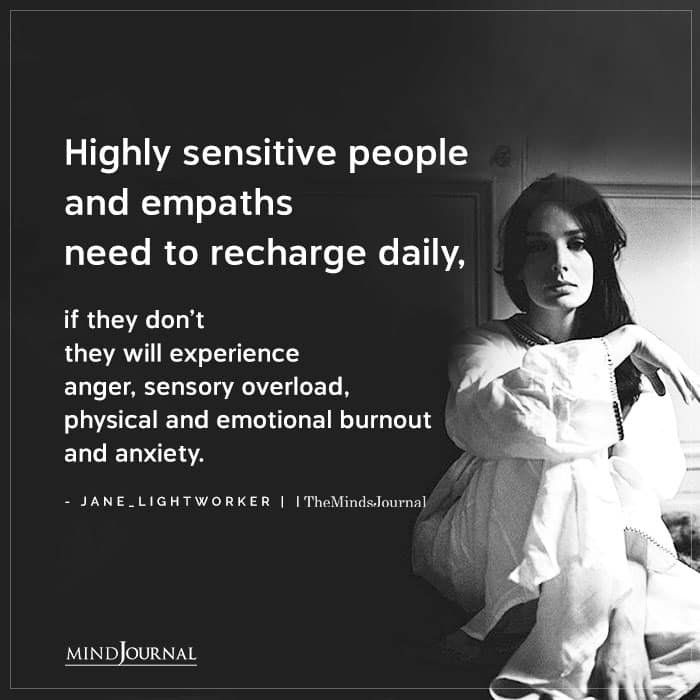
- Identify the sound-offenders and develop a plan to approach them.
- Get sound-blocking earbuds or white noise/sound machines that let you hear the ocean or rain or other sublime moods of nature.
- Meditate to calm your physiology.
- Observe a “no” loud noise rule in your home.
- Visualize a luminous golden egg of light surrounding you that repels the toxicity of loud noises.
- Create healthy boundaries with sound offenders. (Try to keep your calm with neighbors but be consistent with the boundaries you want to set.)
- Be in nature to replenish your energy and ground yourself.
Plan at least five minutes of silence a few days a week. This is a sacred time when no one can intrude. For highly sensitive empaths, quiet is a balm for the soul. It lets us have time to do the deep processing of life that we yearn for, and it provides open space for our creativity to roam and soar.
Written By: Judith Orloff, M.D.
This is not a disorder, an empath picks up all of these intense sensations, but sometimes has no idea how to interpret them. An Empath is sensitive about anything that happens in surroundings and somewhat feels responsible for everything that happens around them. Their highly attuned physique can sense the emotions of others but also experience a sensitivity to noise, light, and smell.
Frequently Asked Questions (FAQs)
What do you call sensitivity to noise?
Sensitivity to noise is called Hyperacusis. It is a disorder characterized by having difficulty dealing with everyday sounds. Hyperacusis is an increased sensitivity to environmental sounds and sometimes, the sounds can be painful for those who have this syndrome.
Can anxiety make you sensitive to noise?
When a person is feeling anxious, the feeling of unease may cause auditory hypersensitivity. A person may find noises to be louder and overwhelming when they are depressed or anxious.
What is a Sleeping Empath?
“Stop being so overly sensitive.” As an empath, you may have faced this phase countless times. Society values efficiency, not sensitivity. You are not dictated to help the victims always and certainly not what society has told you you are and should be. Don’t be a sleeping empath, you are not cast out as society wants you to be. Awake and embrace your blessings to create a balance in society.
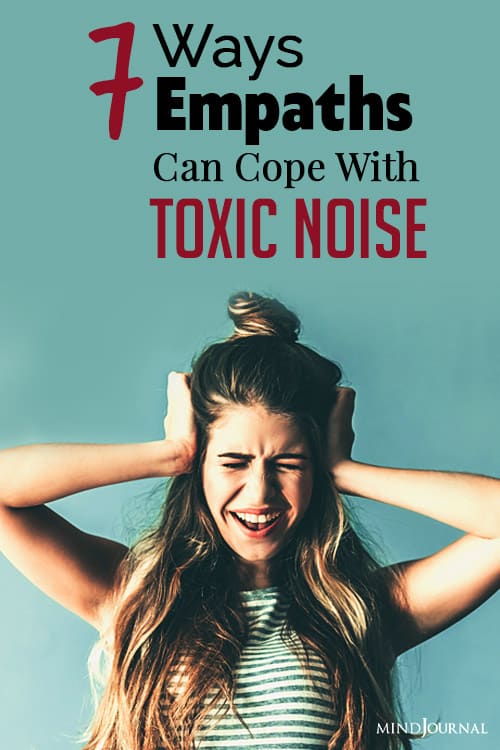


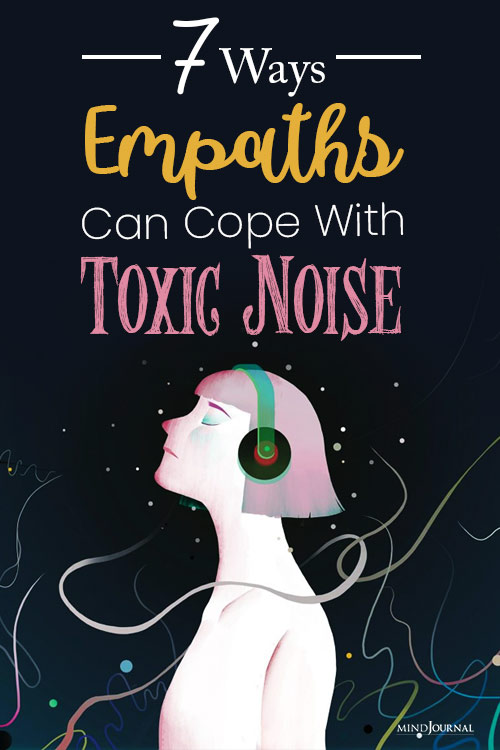

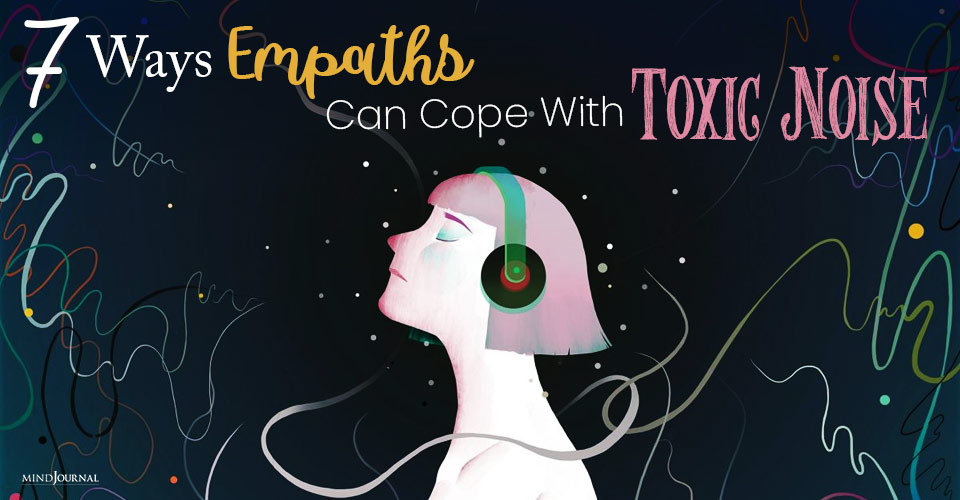



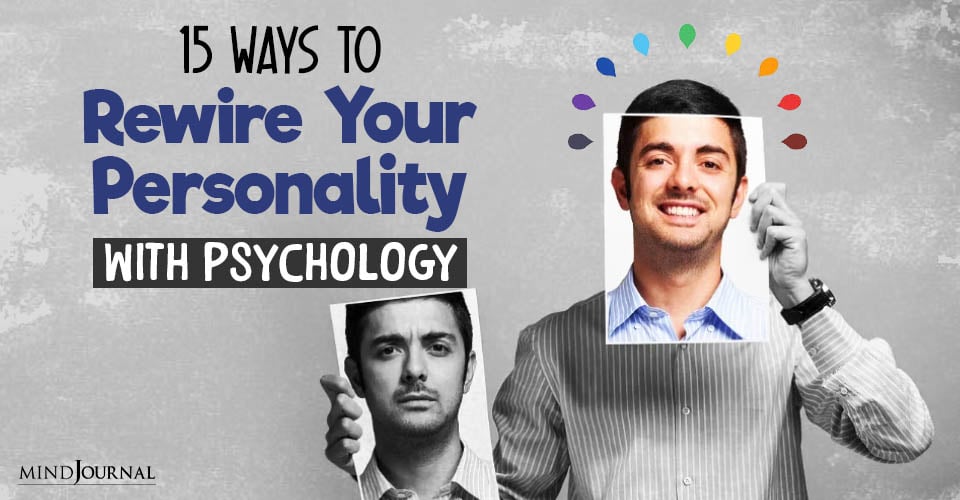


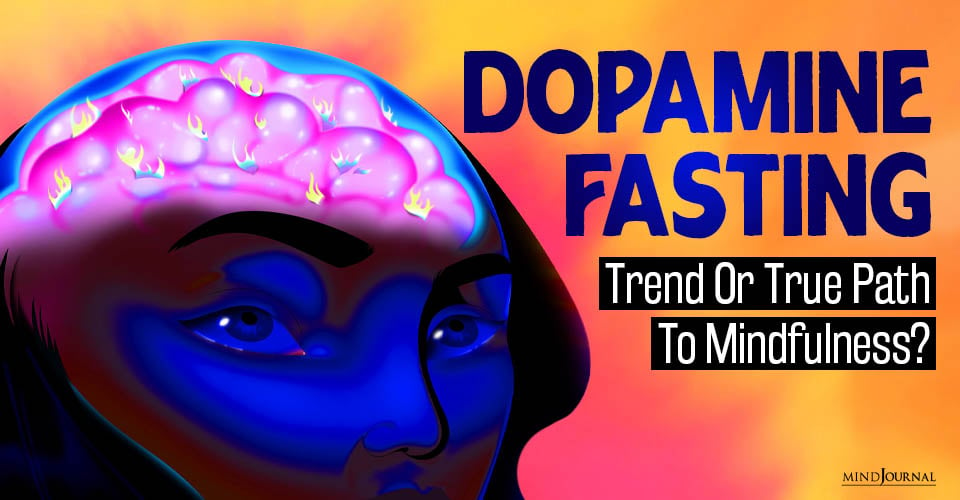
Leave a Reply